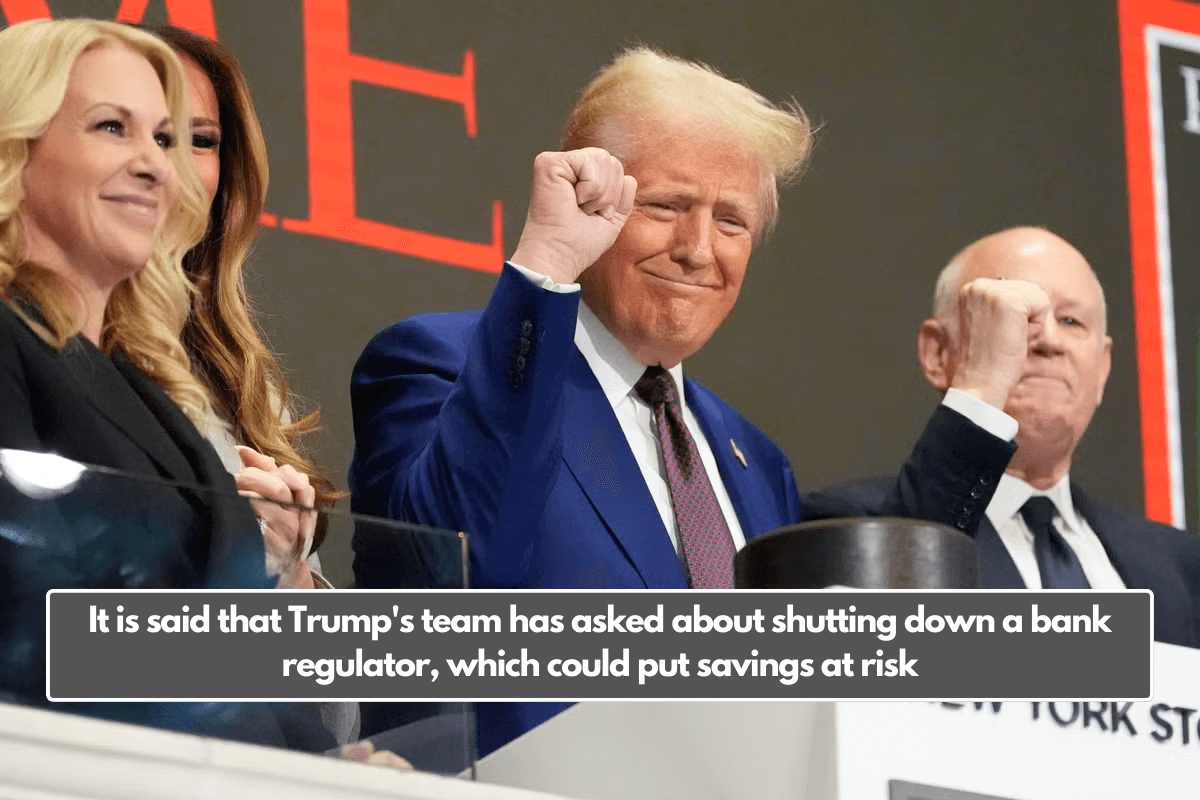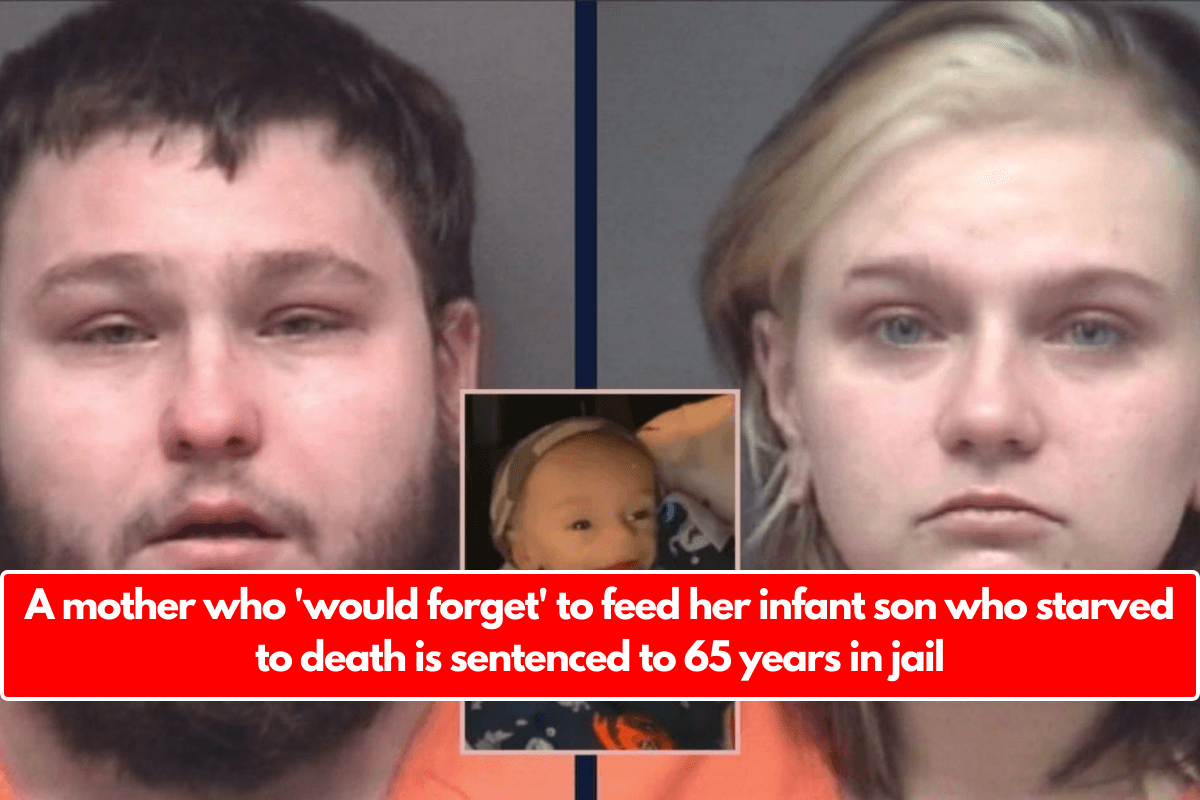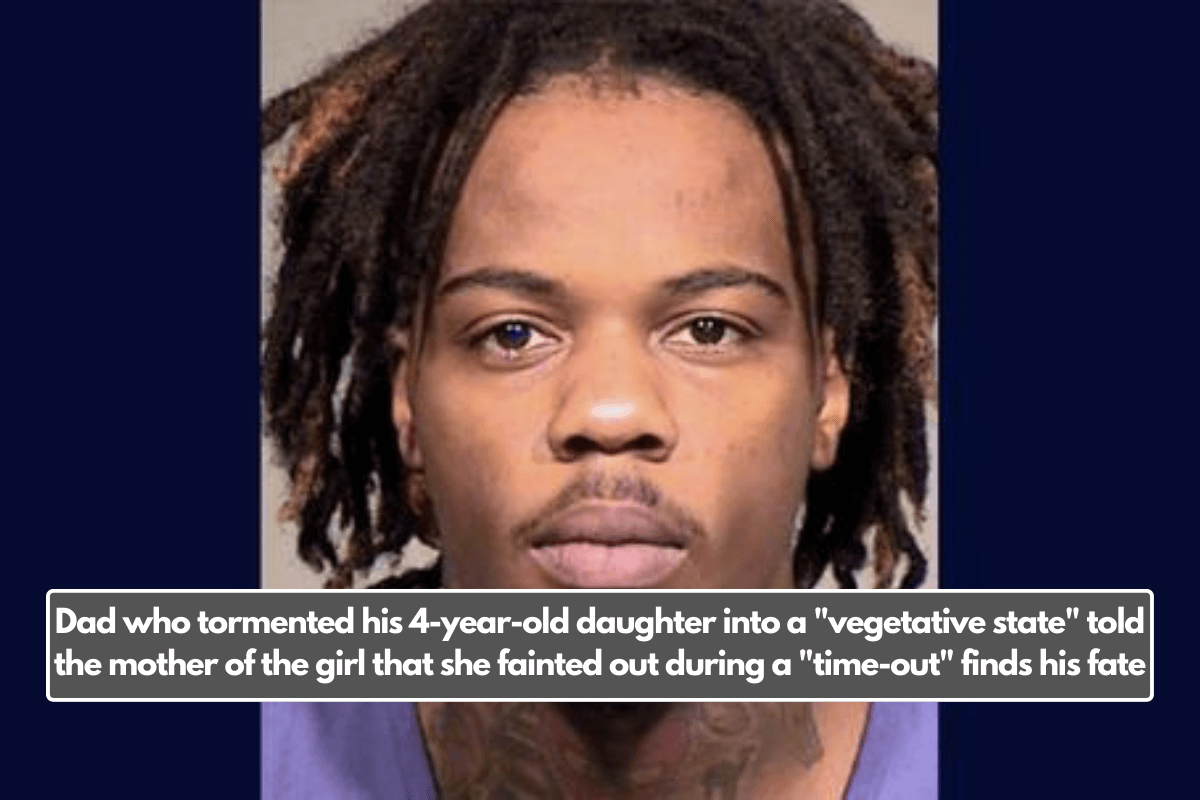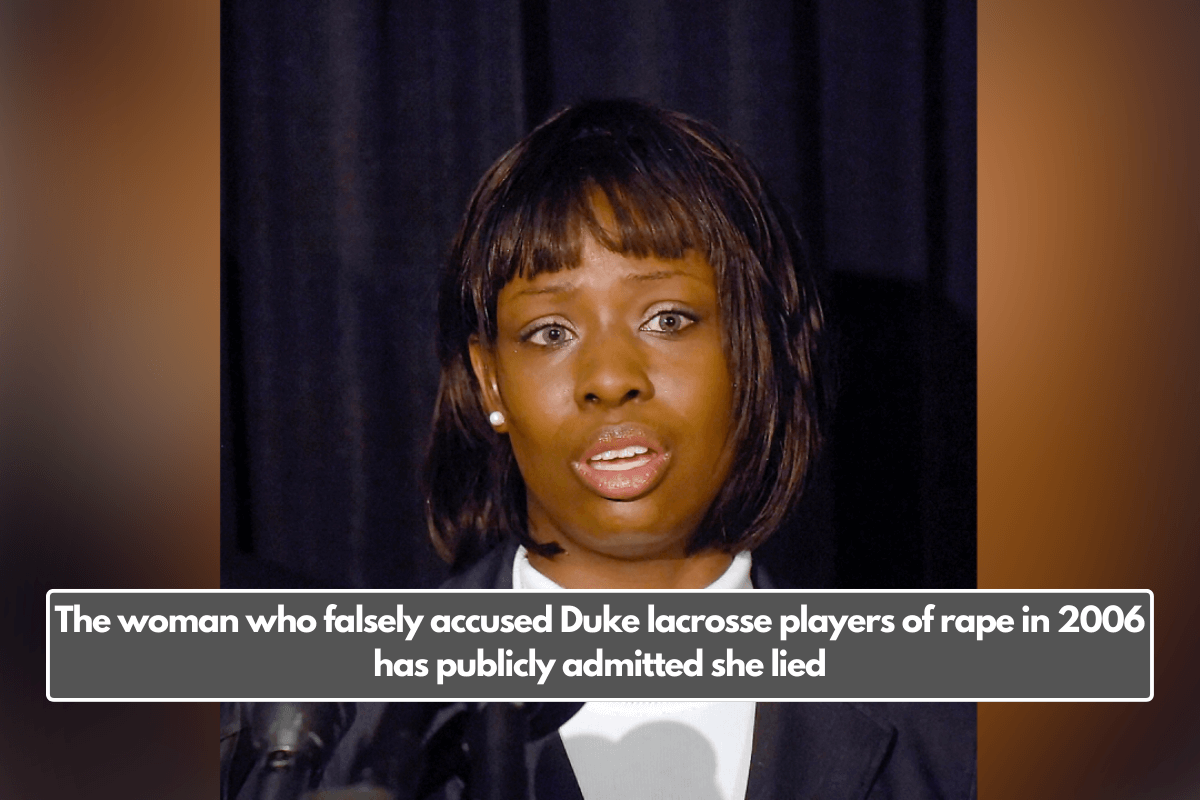Donald Trump’s transition team has reportedly considered ways to reduce or eliminate banking oversight, a move that could have far-reaching consequences for everyday Americans and their financial security.
According to the Wall Street Journal, Trump advisers and DOGE officials have asked candidates to oversee the banking sector if the president-elect can abolish the Federal Deposit Insurance Corporation.
Trump’s team has also asked if the FDIC could be merged with the Treasury Department.
Any attempt to abolish the FDIC would require congressional approval. However, if this were to happen, it would cause a massive shakeup in the industry.
The FDIC was established during the Great Depression. It is intended to boost confidence in the nation’s banking system. Most people are familiar with the agency, which insures bank deposits up to $250,000.
So, if a bank experienced a run or collapsed, people with up to $250,000 would not lose their money because it is federally insured.
If the FDIC disappeared, ordinary people could lose the assurance that their money would still be available in the event of a bank run or collapse.
According to the WSJ report, while banks hope Trump will ease regulations, FDIC insurance is considered “near sacred.”
A move to eliminate deposit insurance could cause panic among customers, prompting them to demand their money back so it is no longer at risk.
Last year, several banks failed, causing customers to shift their money to larger banks and away from smaller ones.
According to the WSJ, Trump’s team, which includes DOGE advisers Elon Musk and Vivek Ramaswamy, has also asked nominees about consolidating or restructuring bank regulators such as the FDIC and Federal Reserve.
However, former FDIC Chair Sheila Bair stated that any proposal to eliminate a bank regulator would face stiff opposition in Congress.
Bair told the Washington Post, “Banks may complain, but at the end of the day, they like their own regulator they have a relationship with.” “They like the status quo.”
According to the Wall Street Journal, major changes in bank regulations are uncommon outside of a financial crisis. The Great Recession and Depression led to the enactment of most of today’s banking regulations.
Democrats led the last major push to close a bank regulator when Congress abolished the Office of Thrift Supervision, which oversaw lenders prior to the 2008 housing crisis, and merged it into the Office of the Comptroller of the Currency.













